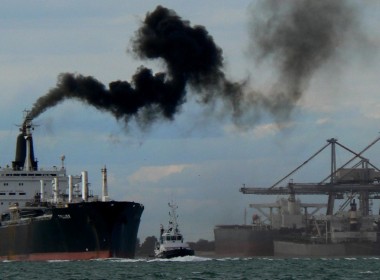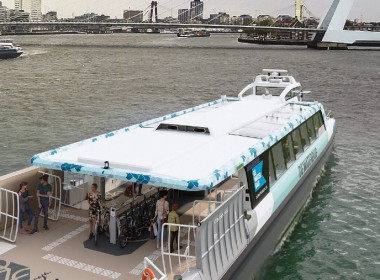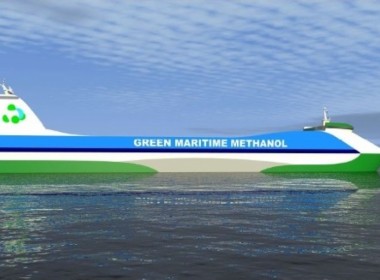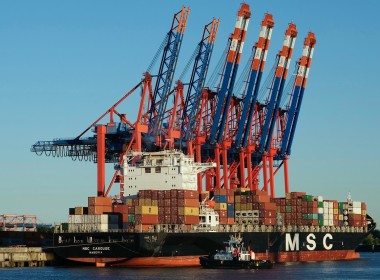GEAR | Bio-methanol is most cost-effective low-GHG fuel for low-draught ferries, Dutch study finds

Dutch engineering firm Conoship International has completed a study that determined the cost-effectiveness of bio-methanol as a fuel offering reduced greenhouse gas (GHG) emissions for low-draught ferries operating in the Wadden Sea.
The study was carried out using Adler Rum Hart, a 200-passenger vessel owned by local operator Wyker Dampfschiffs-Reederei.
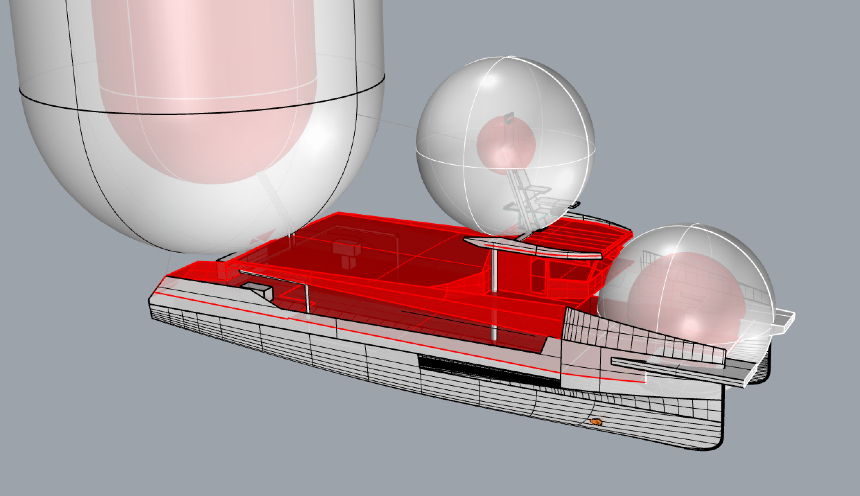
Conoship said the trials determined that the carriage of bio-methanol will not have a significant effect on the general design of a vessel but clarified that some systems need to be changed to achieve functional requirements, particularly in the area of ventilation.
Conoship said that bio-methanol’s properties make it suitable for a ferry with a fixed route, in addition to being more readily available and usable compared to hydrogen. The company added that, with bio-methanol, emissions are largely reduced and, unlike LNG, it can reach CO2 neutrality when it is derived from a biomass source or synthetically produced with renewable energy.


